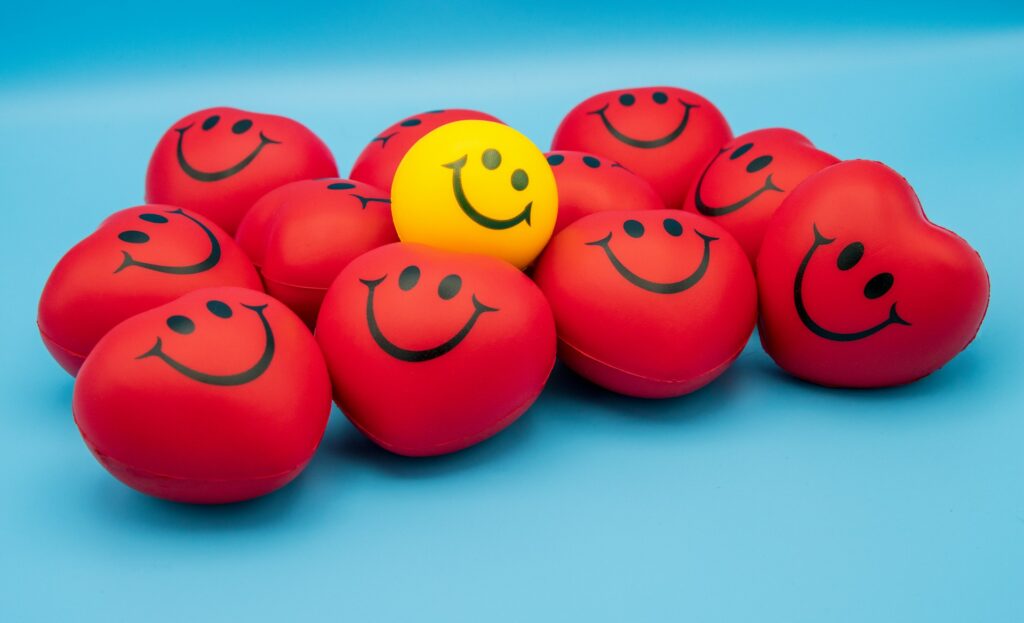In recent years, a growing trend has emerged in the realm of self-improvement and mental wellness: microdosing. This practice involves taking tiny doses of psychedelic substances like LSD or psilocybin mushrooms, typically one-tenth to one-twentieth of a typical recreational dose, with the aim of enhancing creativity, productivity, and overall well-being. While still a subject of much debate and legal scrutiny, microdosing has garnered significant attention for its potential benefits.
What is Microdosing?
Microdosing involves ingesting a sub-perceptual dose of a psychedelic substance, meaning the effects are subtle and not intense enough to cause hallucinations or significant alterations in perception. Instead, proponents of microdosing suggest that it can lead to improvements in mood, focus, energy levels, and creativity, among other cognitive and emotional benefits.
The Benefits of Microdosing
Enhanced Creativity and Productivity
One of the most commonly reported benefits of microdosing is an increase in creativity and productivity. Users often describe experiencing enhanced problem-solving abilities, increased lateral thinking, and a greater capacity for innovation. Many individuals in creative fields such as art, music, and writing have claimed that microdosing helps them overcome creative blocks and access new levels of inspiration.
Mood Enhancement and Emotional Well-being
Microdosing has also been associated with improvements in mood and emotional well-being. Some users report feeling more optimistic, empathetic, and connected to others after microdosing. Research suggests that psychedelic substances can have antidepressant and anxiolytic effects, although more studies are needed to fully understand these mechanisms and their implications for microdosing.
Cognitive Enhancement
Another potential benefit of microdosing is cognitive enhancement. Users often report improvements in concentration, memory, and mental clarity. Some research suggests that psychedelics may promote neuroplasticity and increase the connectivity between different regions of the brain, which could contribute to these cognitive enhancements.
Controversies and Legal Considerations
Despite its growing popularity, microdosing remains a controversial practice with legal and ethical implications. In many countries, psychedelics like LSD and psilocybin are classified as illegal substances, making the possession and distribution of these substances for microdosing purposes a criminal offense. Additionally, the long-term effects of microdosing are still not well understood, and there are concerns about potential risks such as substance dependence and psychological distress.
Microdosing Reviews and Purchasing Options
For those interested in exploring microdosing further, there are resources available online. Microdose Reviews provides insights and testimonials from individuals who have experimented with microdosing, offering valuable perspectives and information for beginners and experienced users alike. Additionally, if you’re considering purchasing microdose products, Microdose Pro offers a range of options to suit your needs.
Conclusion
Microdosing continues to fascinate and intrigue individuals seeking alternative approaches to self-improvement and mental wellness. While more research is needed to fully understand its effects and potential risks, many people swear by the benefits of microdosing, claiming improvements in creativity, mood, and cognitive function. As the conversation around psychedelics and mental health evolves, microdosing remains a topic worthy of exploration and discussion, offering new possibilities for personal growth and transformation.


